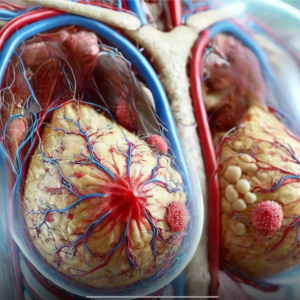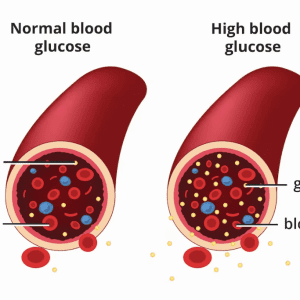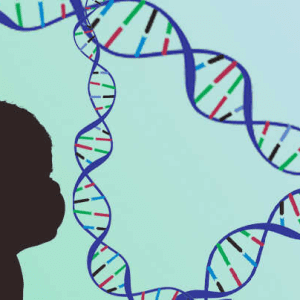Imagine knowing you might develop breast cancer years before a tumor ever forms. Sounds impossible? Thanks to the rise of artificial intelligence, that once-unthinkable concept is becoming reality. Recent research, including a standout study published in JAMA Network Open, shows that AI tools can predict breast cancer up to five years in advance—a breakthrough that could transform early detection and save countless lives.
The Rise of AI in Early Breast Cancer Detection
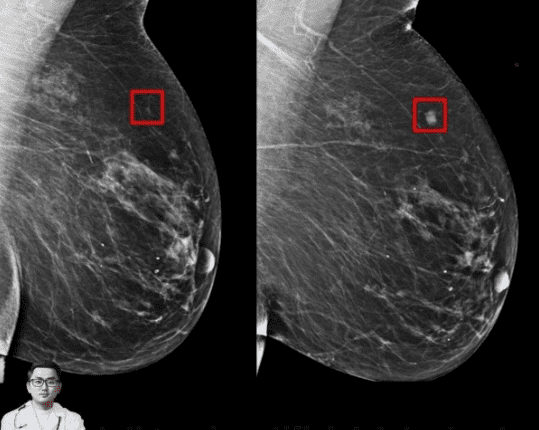
Artificial intelligence has quietly been reshaping modern healthcare, and its most powerful impact might just be in diagnostics. In the world of breast cancer screening, AI is now trained to detect signs so subtle that even the most seasoned radiologists might miss them.
AI tools work by analyzing mammograms at a microscopic level, identifying patterns, density shifts, and changes in breast tissue texture. These aren’t just visual blips—they’re potential warning signs of cancer development years down the line.
That’s not just early detection—it’s prediction.
Video:
Artificial intelligence detects breast cancer 5 years before it develops
How Deep Learning Sees the Future
At the heart of this tech is something called deep learning. Think of it like teaching a digital brain to read X-rays the way a human would—but better, faster, and without fatigue.
Here’s what happens:
- The AI scans mammogram images.
- It picks up on specific features—like unusual density or microcalcifications.
- Then it compares those features against vast databases filled with outcomes from thousands (even millions) of other cases.
- Finally, it spits out a risk score that tells you how likely someone is to develop breast cancer in the coming years.
It’s like having an ultra-focused assistant who remembers every case it’s ever seen—and learns from each one.
AI Enhances the Radiologist, Not Replaces Them
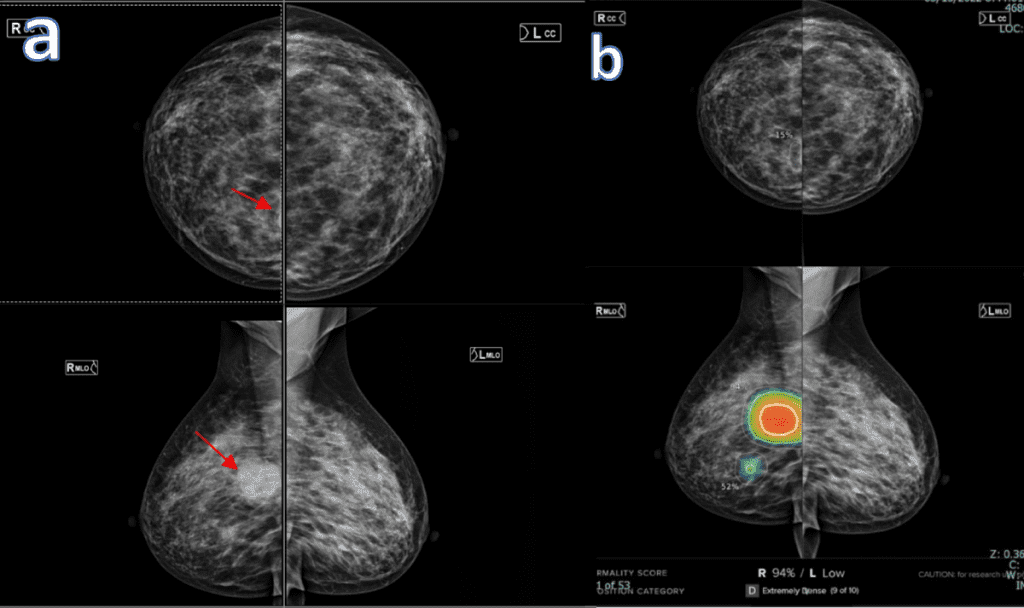
Worried that AI might one day replace your doctor? Don’t be. In reality, AI is more of a superpower than a substitute.
Radiologists are human. They get tired, they have off days, and they’re juggling massive workloads. AI offers a second set of eyes—ones that don’t blink, miss tiny details, or forget anything.
In fact, studies have shown that AI reduces workload by up to 40% while maintaining the same diagnostic accuracy. That means radiologists can focus their expertise on the trickiest cases, while AI handles the pattern recognition and risk scoring.
Key Benefits of Using AI for Breast Cancer Risk Prediction
AI doesn’t just help doctors—it directly benefits patients in powerful ways:
Video:
Using artificial intelligence to help detect breast cancer
- Superhuman Accuracy: It catches details invisible to the human eye.
- Faster Diagnoses: Less waiting for test results, more peace of mind.
- Fewer False Alarms: Fewer unnecessary biopsies or follow-ups.
- Custom Monitoring: Tailored screening schedules based on personal risk.
- Long-Term Tracking: AI compares current and past scans to detect gradual changes.
This means that instead of one-size-fits-all care, women can get personalized screening plans based on their actual risk—not just age or family history.
What This Means for Patients and Prevention
Let’s say you walk into your routine mammogram appointment. Normally, if nothing obvious shows up, you’re told everything looks fine. With AI, you could now get more than a clean scan—you could receive a predictive report showing if you’re likely to develop breast cancer in the next five years.
That changes everything.
If flagged as high-risk, you and your doctor can act early. More frequent checkups, lifestyle changes, or even preventative treatments might be recommended. And if you’re low-risk? You might avoid over-testing and the stress that comes with it.
The Future of AI in Cancer Care
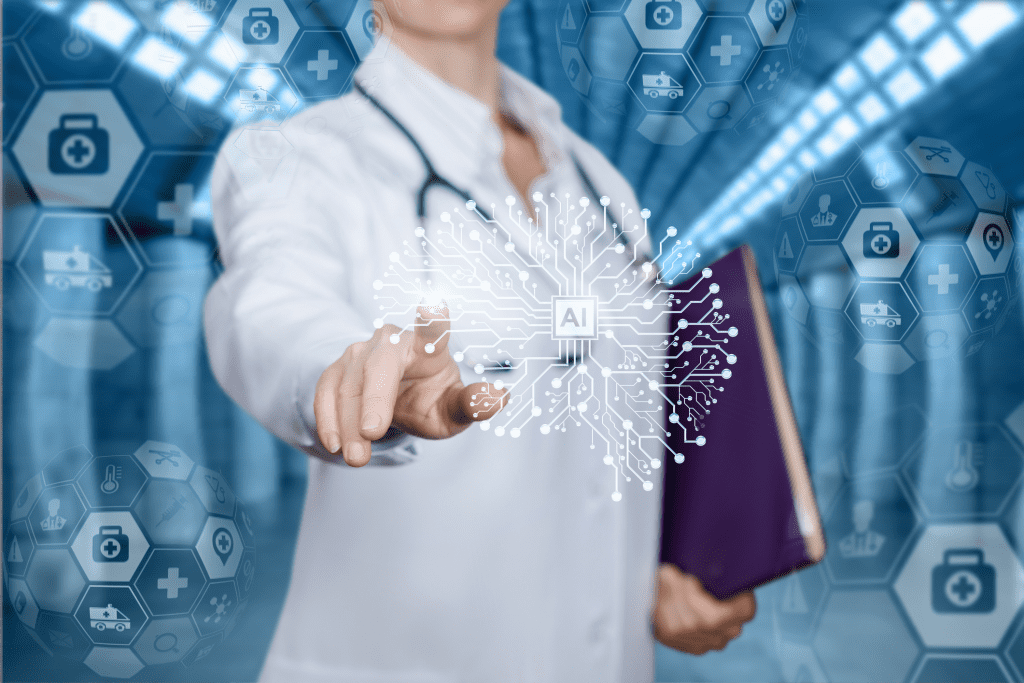
What’s next? As AI continues to evolve, it won’t just stop at mammograms.
Researchers are already combining AI tools with genetic data, blood markers, hormone profiles, and lifestyle history to create 360-degree risk profiles. This takes us into the realm of precision medicine—where treatment and prevention strategies are uniquely tailored to you.
Imagine a future where your AI system not only predicts your risk of cancer but also recommends the best preventative diet, alerts your doctor to changes in your scans, and helps design your care plan. That’s not fantasy. That’s the path we’re on.
Challenges and Ethical Questions Still Remain
No innovation is without hurdles. As powerful as AI is, it’s not foolproof. Algorithms are only as good as the data they’re trained on. If that data lacks diversity, the results may be biased—meaning certain groups could be underdiagnosed or misdiagnosed.
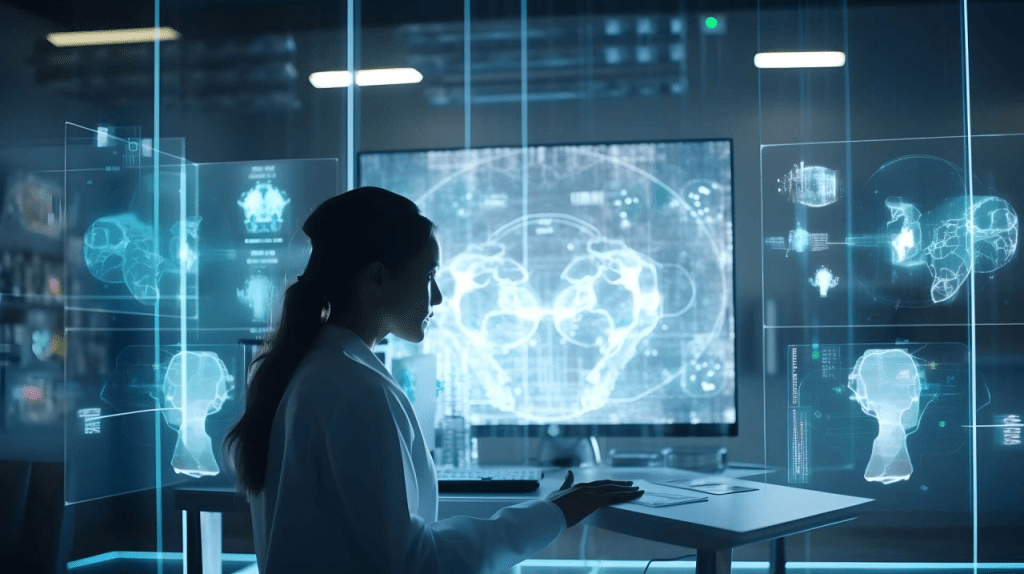
There are also privacy concerns. Medical data is extremely sensitive, and AI systems must be held to the highest standards to protect it.
That’s why continued human oversight is essential. Doctors must work alongside AI, not blindly trust it. With the right checks in place, though, the potential benefits far outweigh the risks.
Conclusion: AI Is Changing the Breast Cancer Game
Artificial intelligence is ushering in a new era of cancer detection—where we can spot warning signs long before tumors grow, symptoms appear, or lives are lost. It’s not just catching cancer early; it’s stopping it before it even begins.
By combining massive data power with real-time analysis, AI is helping doctors work smarter and helping patients stay safer. It’s turning “what if” into “what’s next”—and that’s a game-changer in the fight against breast cancer.
We’re no longer just reacting to disease. With AI, we’re learning how to predict it, plan for it, and possibly even prevent it. That’s not just innovation—that’s hope.
